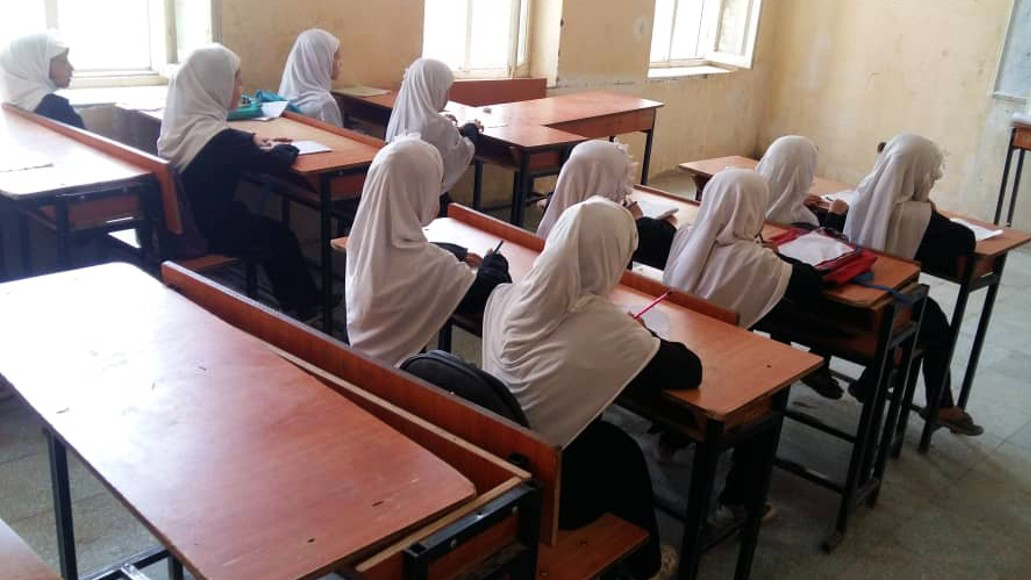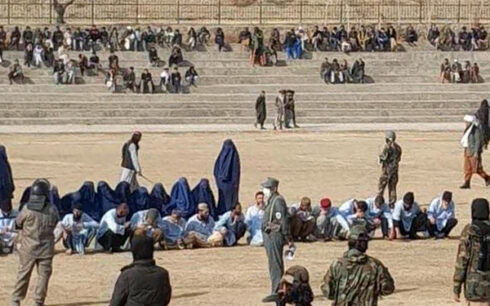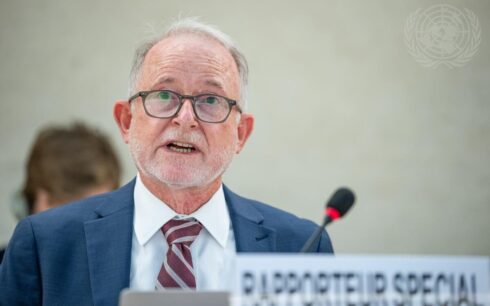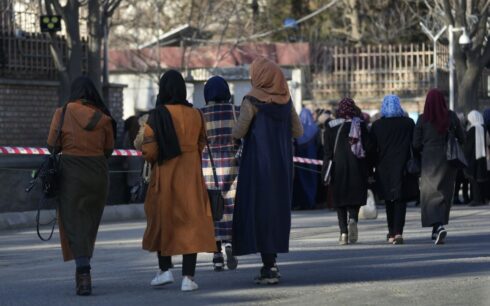Three years after the Taliban took over Afghanistan, the country remains the only one in the world where girls and women are systematically barred from secondary and higher education, according to new data released by UNESCO on Thursday.
The report reveals that 1.4 million Afghan girls have been deliberately denied access to education since 2021, with the situation worsening as more girls reach the age of 12—the cutoff age imposed by the Taliban for schooling.
In a statement marking the third anniversary of Kabul’s fall, UNESCO Director-General Audrey Azoulay expressed deep concern over the ongoing educational crisis in Afghanistan.
“Today, Afghanistan is the only country in the world to prohibit access to education for girls over the age of 12 and for women,” Azoulay said. “This situation must concern us all; the right to education cannot be negotiated or compromised. The international community must remain fully mobilized to obtain the unconditional reopening of schools and universities to Afghan girls and women.”
Since taking power in August 2021, the Taliban have effectively reversed two decades of educational progress in Afghanistan, leaving the future of an entire generation in jeopardy. UNESCO’s data indicates that nearly 2.5 million girls, or 80% of Afghan school-age girls, are now out of school, including those who were already not attending before the bans were enforced. This marks an increase of 300,000 girls since UNESCO’s previous count in April 2023, as more girls reach the age of 12 each year and are forced to drop out.
Decline in Primary Education
The impact of the Taliban’s restrictions extends beyond secondary education. Although girls under 12 are technically still allowed to attend school, the number of children enrolled in primary education has dropped sharply. In 2022, only 5.7 million children—both boys and girls—were in primary school, down from 6.8 million in 2019, according to UNESCO’s report. This decline is largely attributed to the Taliban’s prohibition on female teachers instructing boys, which has exacerbated an already severe teacher shortage.
Additionally, the worsening socio-economic conditions in Afghanistan have left many parents with little incentive to send their children to school. UNESCO warns that this trend could have dire consequences, leading to an increase in child labor and early marriages as educational opportunities diminish.
Higher education in crisis
The situation in higher education is equally alarming. The number of students enrolled in universities has decreased by 53% since 2021, raising concerns about a looming shortage of skilled graduates. This decline is likely to exacerbate Afghanistan’s development challenges, as fewer young people receive the training necessary for highly skilled jobs.
UNESCO’s report underscores the gravity of the educational crisis, noting that the de facto authorities have nearly wiped out the progress made over the past 20 years. The future of Afghan society, the report suggests, is now at serious risk.
UNESCO’s response and international advocacy
In response to these challenges, UNESCO said it has mobilized efforts to support alternative learning methods for Afghan girls and women. Since 2021, the organization has worked with partners to develop community-based educational programs in 20 provinces. These programs involve over 1,000 trained facilitators, including 780 women, who deliver literacy courses. To date, these courses have benefited more than 55,000 young people, the vast majority of whom are girls, in nearly 1,900 villages across Afghanistan.
UNESCO is also active in supporting Afghan refugees and displaced populations in neighboring countries such as Pakistan, Tajikistan, and Iran. The organization provides training centers for Afghan teachers and supports distance learning through radio and television. One example is the Begum Organization for Women, which, with UNESCO’s assistance, established a radio station in March 2021 and a cable channel in March 2024. The educational content produced by UNESCO’s media partners has reached an estimated 17 million Afghans.
Despite these efforts, UNESCO emphasizes that alternative modes of learning cannot replace the value of face-to-face education in a classroom setting. The organization, through Director-General Azoulay, continues to call on the international community to maintain pressure on the Taliban for the full restoration of the right to education for Afghan girls and women.
“While these alternative modes of learning contribute to the resilience of Afghan youth, they are no substitute for formal education,” Azoulay said. “The international community must remain steadfast in its commitment to ensuring that every Afghan girl and woman has the right to an education.”





